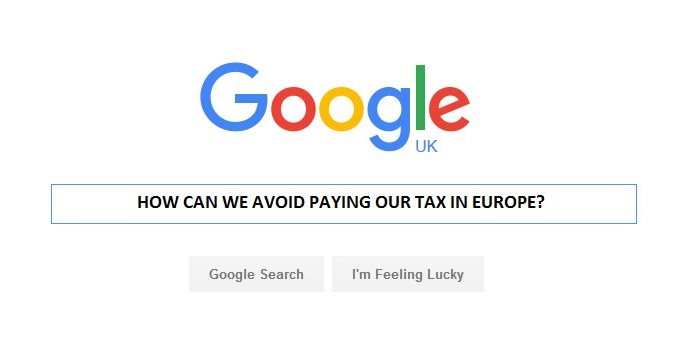So far, Google, Facebook and Co. have benefited from generous tax saving schemes in some EU Member States such as Ireland and the Netherlands where they pay almost no tax. In its initiatives presented today, the European Commission proposes that digital companies with an annual turnover of €750 million or more, including at least €50 million generated within the European Union, should pay a special tax. Revenues from the sale of user data to advertisers and from business transacted via platforms such as Airbnb are to be charged at three percent. In the long term, the European Commission wants to replace the special tax by a digital permanent establishment in corporate tax law. The profits are then to be calculated according to the usual corporate income tax rates. Taxation of digital businesses will also be discussed at the meeting of EU leaders in Brussels on Thursday and Friday (22 and 23 March).
MEP Sven Giegold, financial and economic policy spokesperson of the Greens/EFA group commented:
„European tax law must finally arrive in the 21st century. As long as the G20 countries cannot agree on global taxation for digital companies, the European Union must go ahead and ask Google and Co. to pay. Internet companies are no longer allowed to benefit from tax free rides. Digital companies like Facebook must also take their social responsibility in the real world. A common corporate tax law in Europe would of course be the ideal solution. But as long as the European tax havens are blocking, the EU Commission’s proposal is a good second-best solution.
The European Commission’s initiative is the right signal for more tax justice in the European Union. Fair competition in the internal market between local and digital companies requires everyone to pay taxes. EU governments must implement the proposals swiftly. Chancellor Angela Merkel must oblige the heads of state and government to concrete steps. The Council’s blockades against tax dumping costs the European Member States money every day.
The special tax on sales of digital companies is not a permanent solution. Inventive tax advisors will exploit the difficult distinction between digital sales and other revenues and redirect virtual business outside the European Union. In order to effectively prevent tax evasion, we must adapt the concept of the taxable permanent establishment to the digital age.
Should the Member States block the new proposals, the EU Commission must not hesitate to submit its proposals under Article 116 TFEU to overcome the unanimity principle“.

